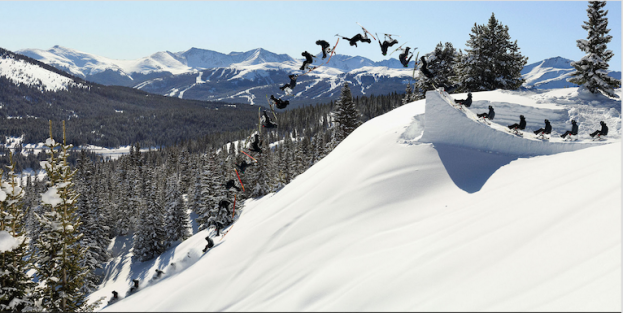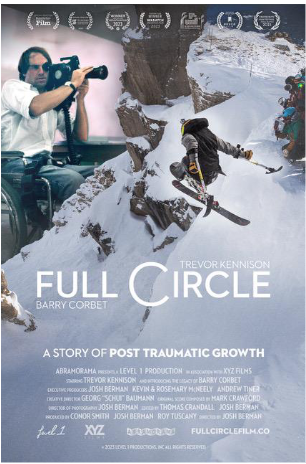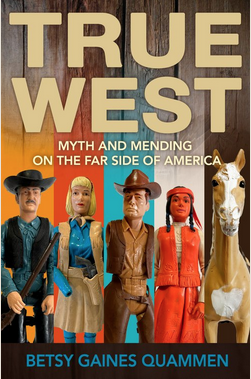This edition of Forthright Radio features two university professors whose books were published this month by the University of CA Press.

First, we hear from University of California Riverside’s Department of Gender and Sexuality Studies Professor, Jade Sasser, about her latest book, CLIMATE ANXIETY AND THE KID QUESTION: Deciding Whether to Have Children in an Uncertain Future. Her award-winning 2018 book, On Infertile Ground: Population Control and Women’s Rights in the Era of Climate Change, analyzed the shifting role of environmentalists in shaping activism and international policy advocacy focused on population, reproductive rights, and reproductive justice. In CLIMATE ANXIETY AND THE KID QUESTION, she investigates the impacts of climate change, racial injustice, and other existential threats, on reproductive decisions.

In our second half, we welcome back George Washington University’s Herbert S. Hadley Professor of Social Welfare, Mark Rank, whose book THE RANDOM FACTOR: How Chance and Luck Profoundly Shape Our Lives and the World Around Us, was published just this week. His research and teaching have focused on poverty, social welfare, economic inequality, and social policy.
Articles pertinent to this edition:
H.R.957 – Protecting Moms and Babies Against Climate Change Act 117th Congress (2021-2022)
H.R. 3302: Protecting Moms and Babies Against Climate Change Act 118th Congress https://www.govtrack.us/congress/bills/118/hr3302/summary
‘Children won’t be able to survive’: inter-American court to hear from climate victims https://www.theguardian.com/environment/2024/apr/22/inter-american-court-climate-hearing-hear-from-victims-barbados
‘I am starting to panic about my child’s future’: climate scientists wary of starting families https://www.theguardian.com/environment/article/2024/may/10/climate-scientists-starting-families-children
The Far Right’s Campaign to Explode the Population https://www.politico.com/news/magazine/2024/04/28/natalism-conference-austin-00150338
‘The Pressure Is Working’: Biden Weighs Climate Emergency Declaration https://www.commondreams.org/news/climate-change-national-emergency?utm_source=Common+Dreams&utm_campaign=b6968bca63-Top+News%3A+Thu.+4%2F18%2F24+w%2F+fundraiser&utm_medium=email&utm_term=0_-b6968bca63-%5BLIST_EMAIL_ID%5D
Pediatricians say climate conversations should be part of any doctor’s visit https://grist.org/health/pediatricians-advised-talk-patients-parents-climate-change/?utm_medium=email&utm_source=newsletter&utm_campaign=weekly
GOP State AGs Ask EPA to ‘Eviscerate’ Crucial Environmental Justice Tool https://www.commondreams.org/news/gop-epa-title-vi?utm_source=Common+Dreams&utm_campaign=4bdd8521e2-Top+News%3A+Wed.+4%2F17%2F24&utm_medium=email&utm_term=0_-37878a46b5-%5BLIST_EMAIL_ID%5D
Sterilization Procedures Have Surged Among Young People Following “Dobbs” https://truthout.org/articles/sterilization-procedures-have-surged-among-young-people-post-dobbs/?utm_source=feedotter&utm_medium=email&utm_campaign=FO-04-15-2024&utm_content=httpstruthoutorgarticlessterilizationprocedureshavesurgedamongyoungpeoplepostdobbs&utm_source=Truthout&utm_campaign=e9461d45e9-EMAIL_CAMPAIGN_2024_04_15_08_50&utm_medium=email&utm_term=0_bbb541a1db-e9461d45e9-%5BLIST_EMAIL_ID%5D
‘I felt like a freak because I didn’t want children’ https://www.bbc.com/news/articles/c72pnllv8nko
‘Catastrophic’: Biden Admin Approves Largest Offshore Oil Export Terminal https://www.commondreams.org/news/biden-offshore-oil-terminal?utm_source=Common+Dreams&utm_campaign=1180bb9681-Top+News%3A+Mon.+4%2F15%2F24&utm_medium=email&utm_term=0_-37878a46b5-%5BLIST_EMAIL_ID%5D
Guest column: Global warming presents more danger than guns https://www.bozemandailychronicle.com/opinions/guest_columnists/guest-column-global-warming-presents-more-danger-than-guns/article_7f6d09de-f770-11ee-8032-1f184cd657b2.html
Cecil Williams, reverend who turned a church into a safe haven, dies aged 94 https://www.theguardian.com/us-news/2024/apr/23/reverend-cecil-williams-san-francisco-california-dies-aged-94
‘A lot would have to go wrong for Biden to lose’: can Allan Lichtman predict the 2024 election? https://www.theguardian.com/us-news/2024/apr/26/allan-lichtman-prediction-presidential-election


























